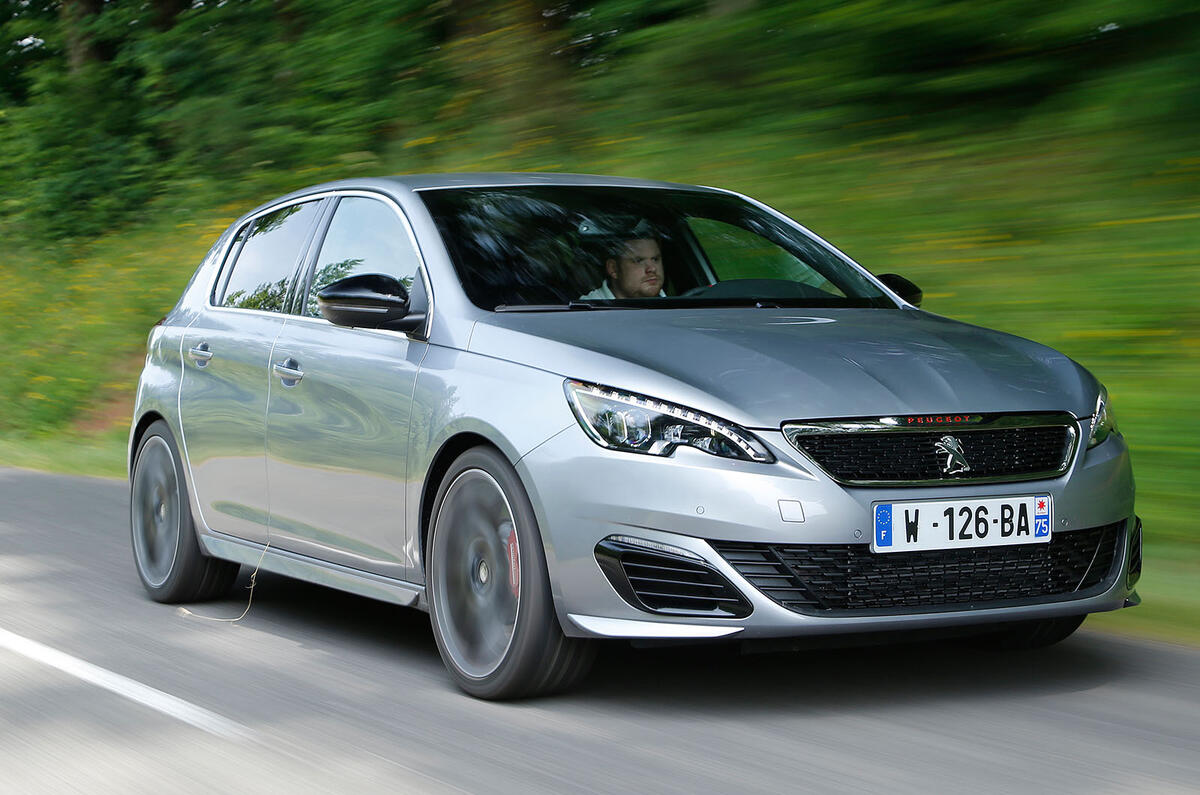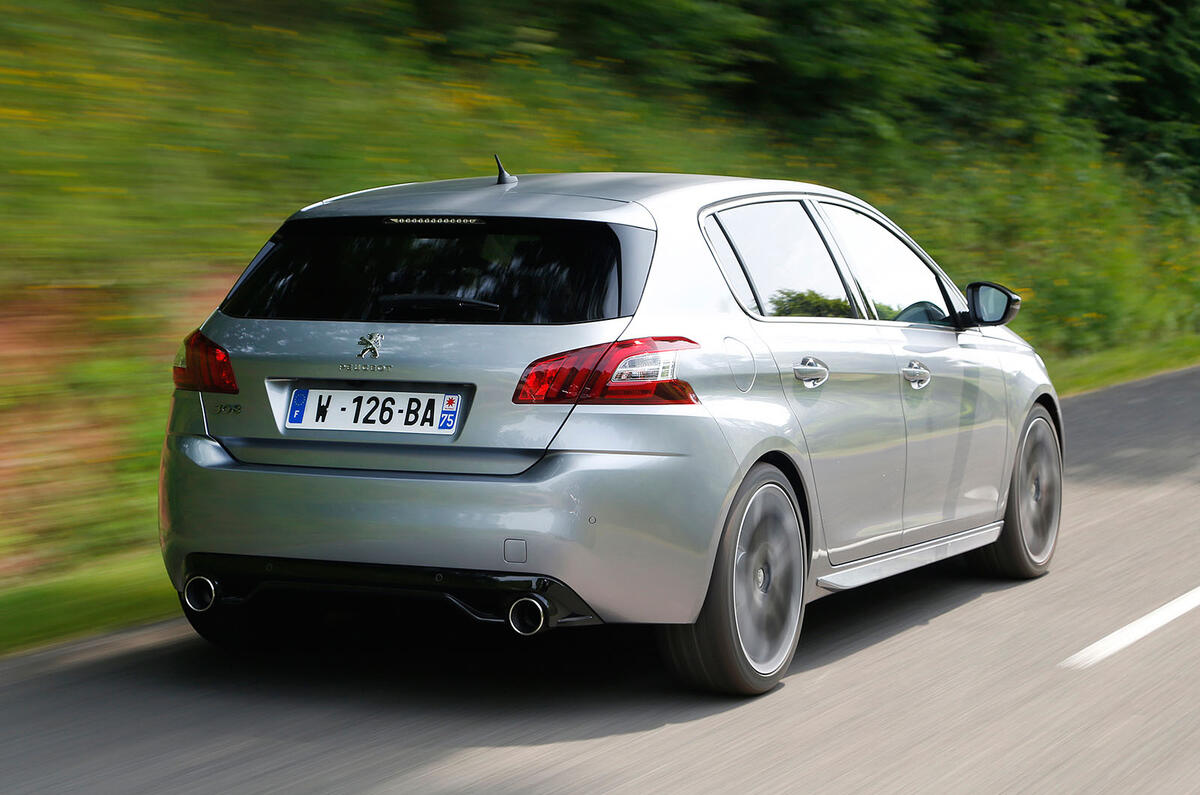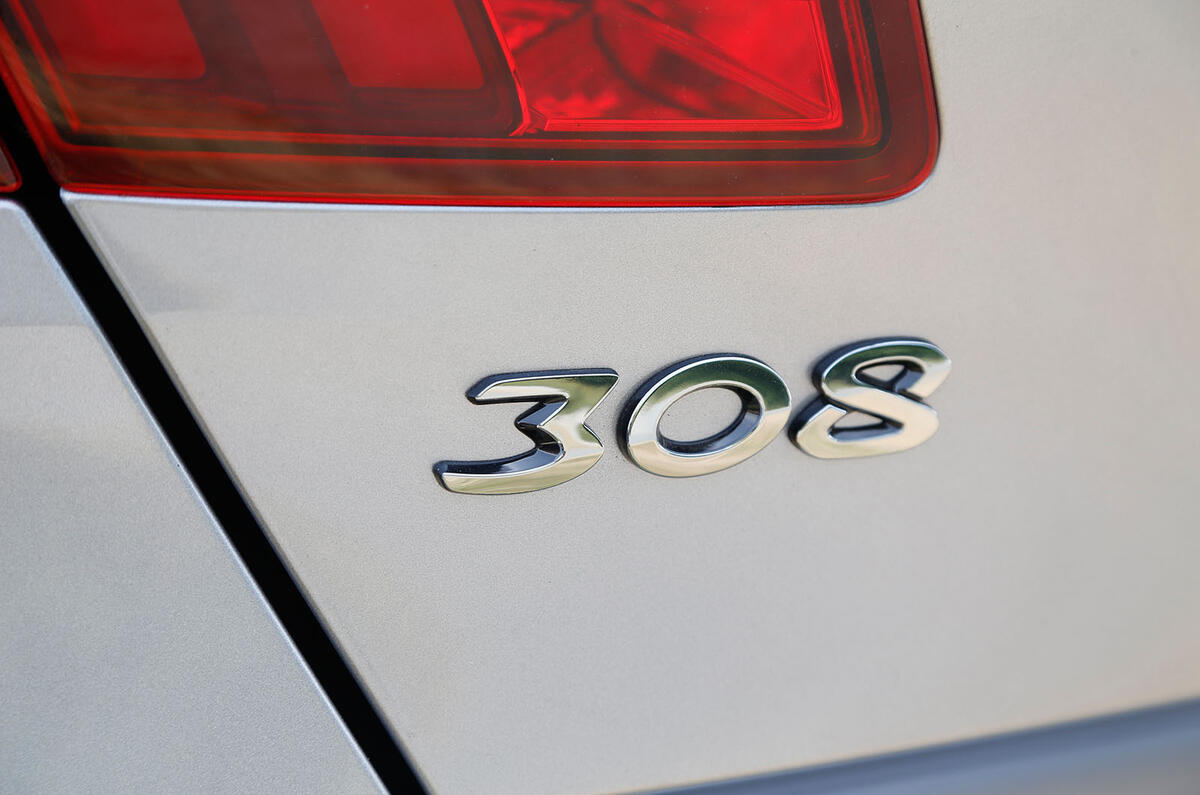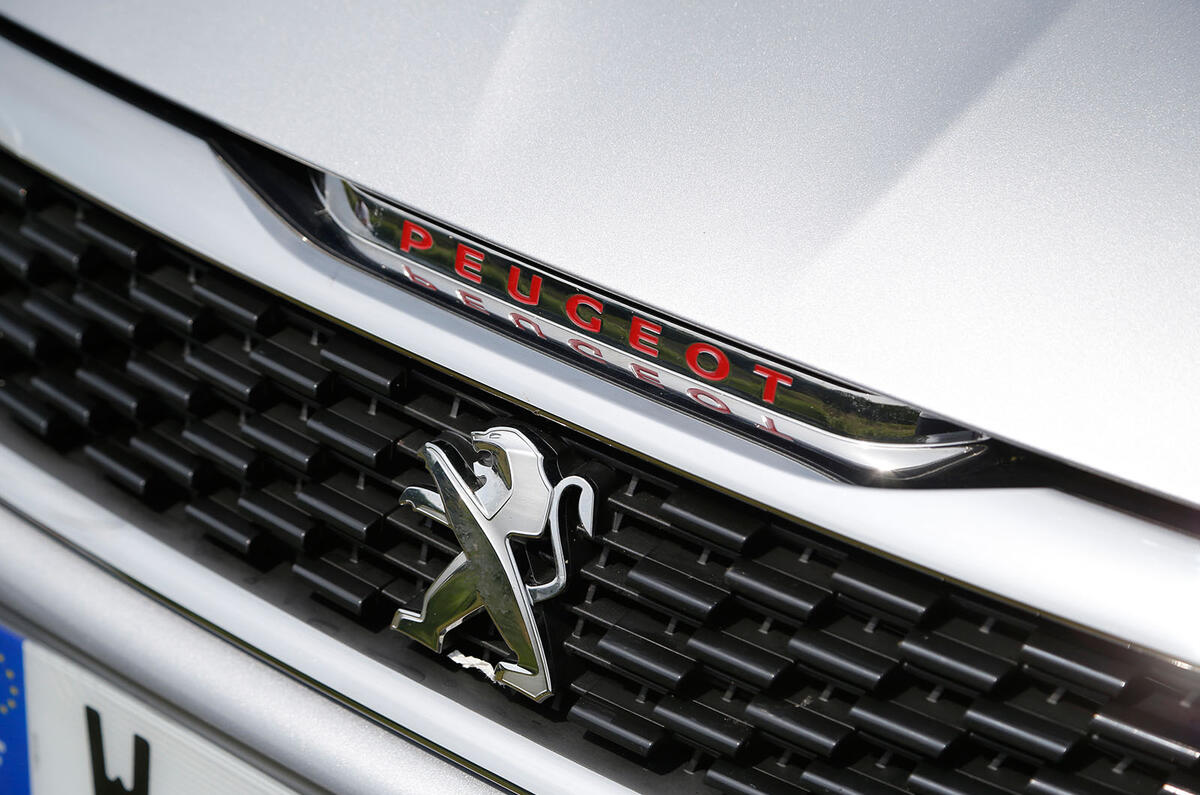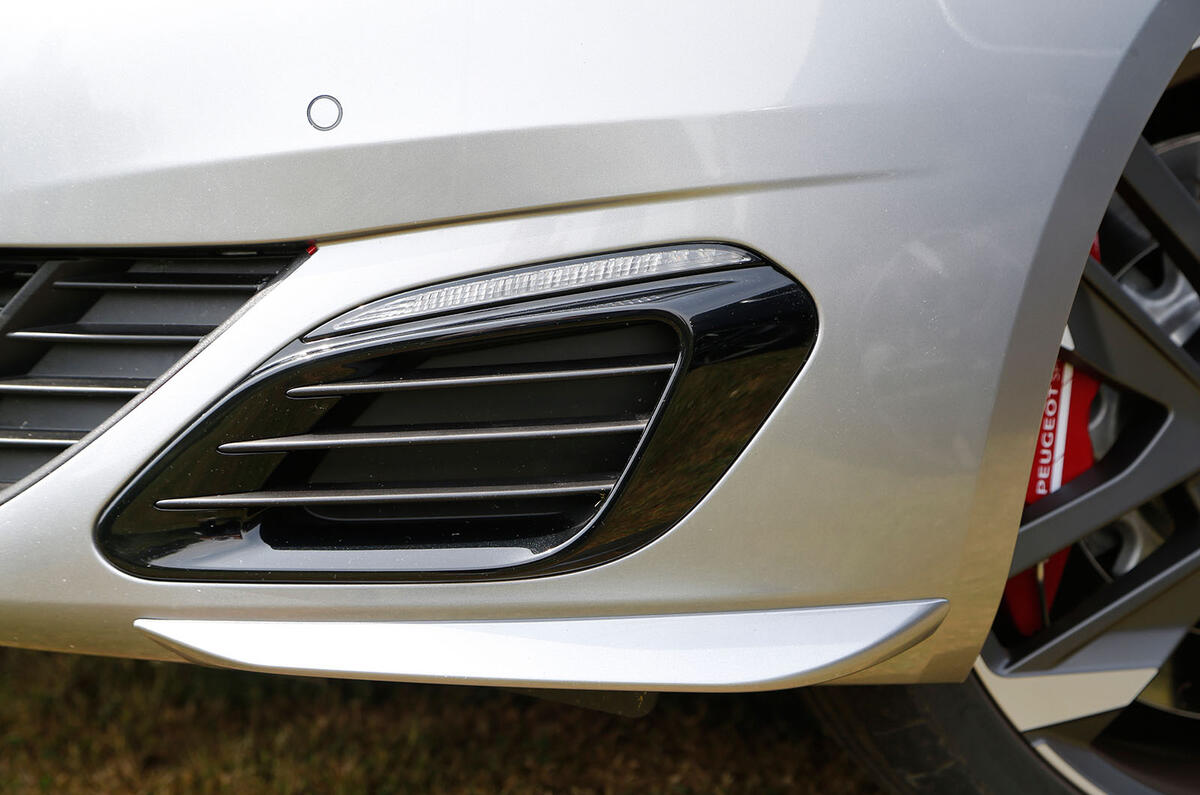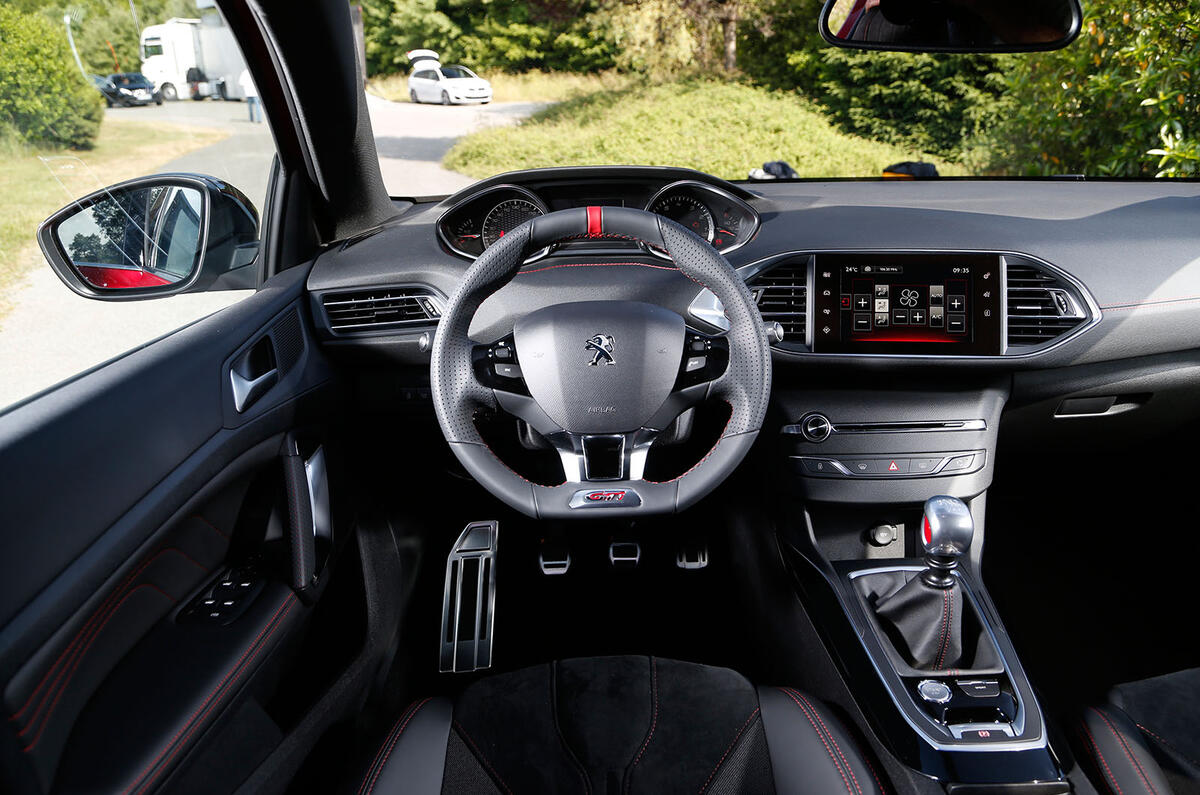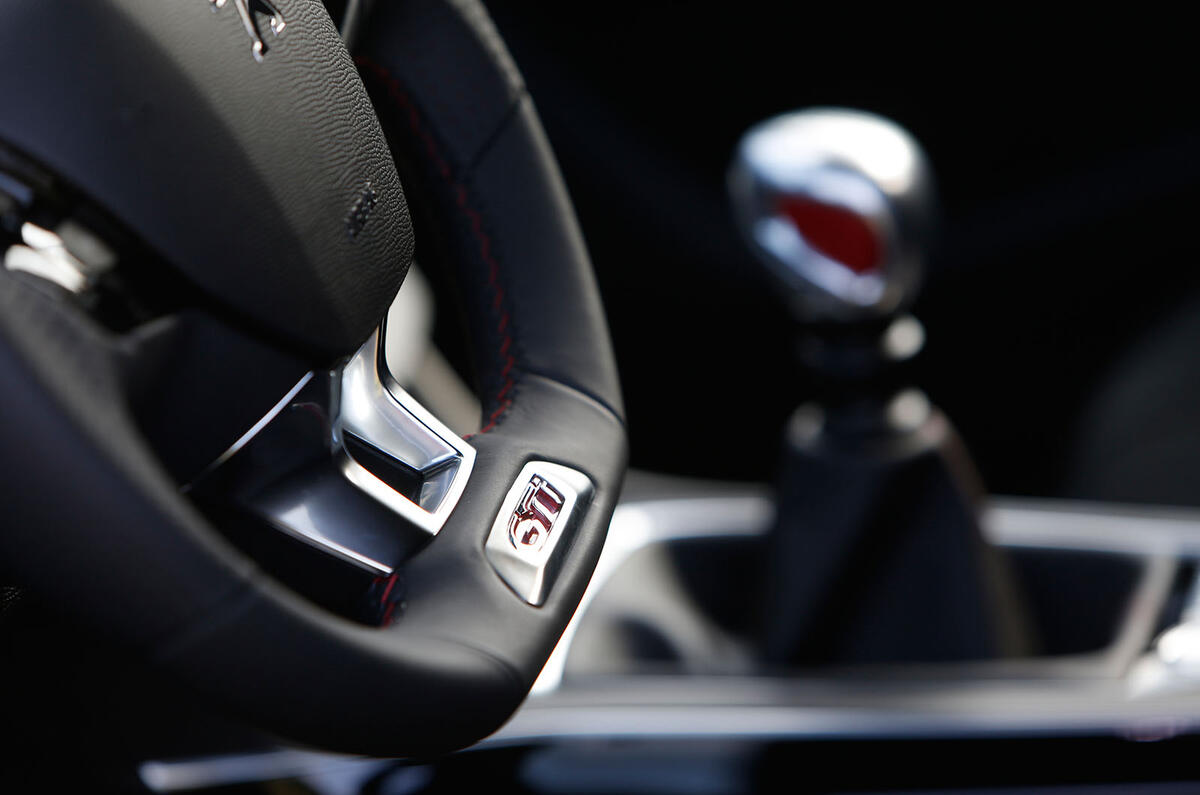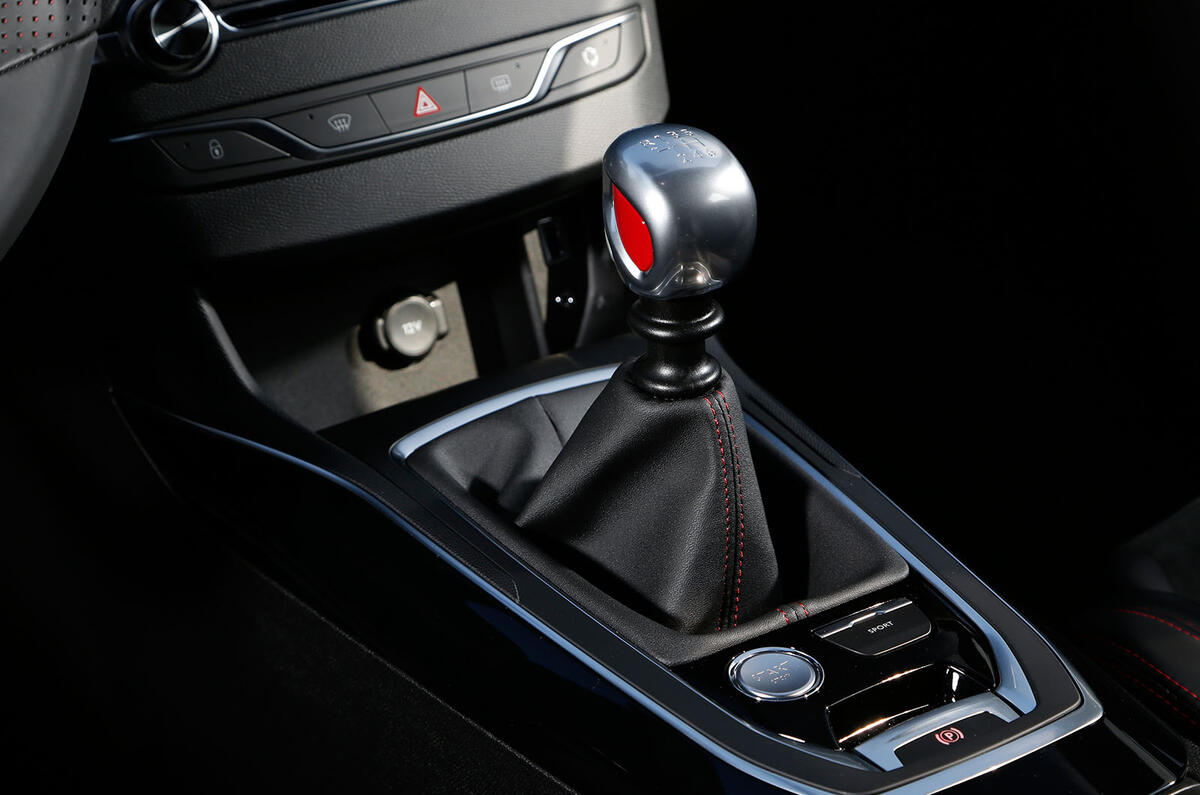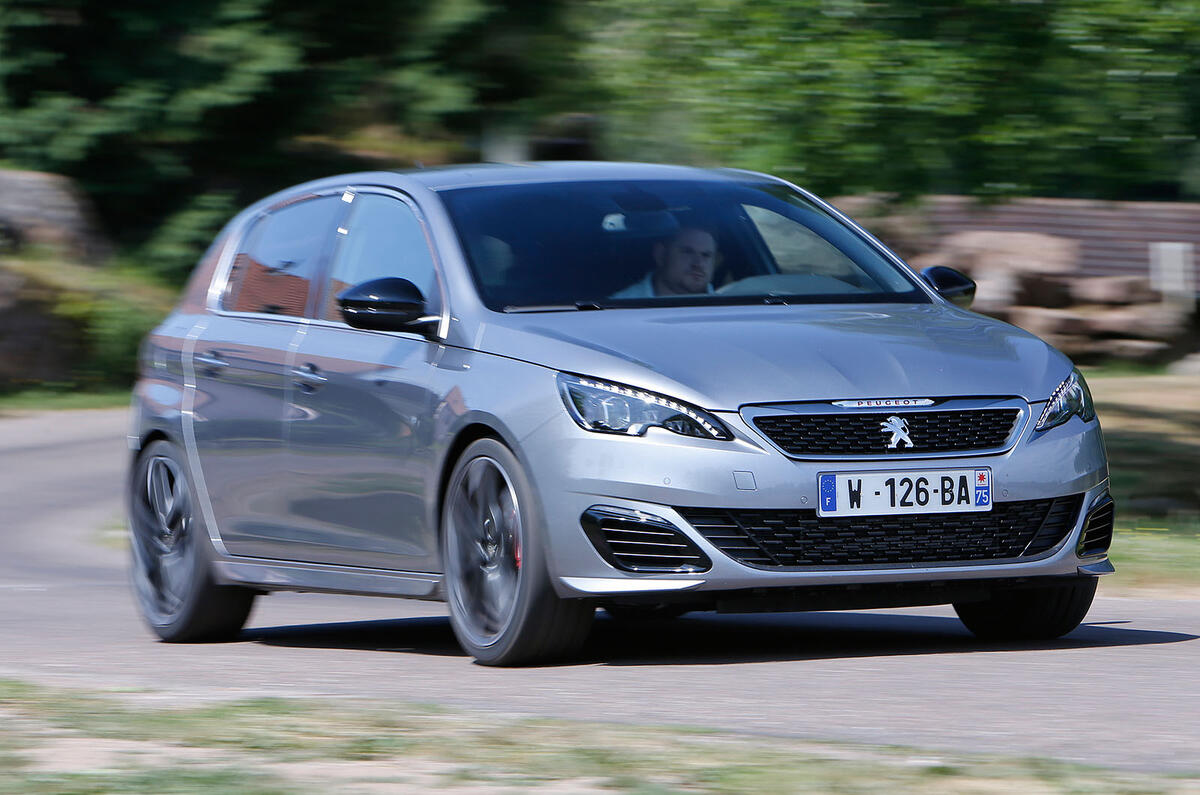The Peugeot 308 GTi has arrived as even more sugar-coated temptation for hot hatchback fans, with the Peugeot coming into in a climate that’s already has a recently released versions of the Mini John Cooper Works, Renault Clio RS 220 Trophy, DS 3 Performance, Ford Focus RS and revamped Mercedes-AMG A 45, while also awaiting the new Honda Civic Type R and Audi RS3 and shedding a tear for the recently departed versions of the Honda Civic Type R and Audi RS 3.
The Peugeot 308 GTi is the latest instalment in a line of fast French front-drivers, such as the discontinued Peugeot RCZ R and Peugeot 208 GTi, which have already impressed us with their hardcore purposefulness and driver engagement. They’ve also done their bit to restore Peugeot’s reputation among petrolheads, taking it from the doldrums of the past decade towards heights not seen since the halcyon days of the 1990s.
This go-faster Peugeot 308 has equally promising potential. The car is driven by the same engine and gearbox that we liked so much in the RCZ R, but it’s updated with a higher-pressure direct fuel injection system for an even broader spread of torque and better high-range power delivery. It rides 11mm lower than the rest of the Peugeot 308 range, with stiffer springs, uprated dampers, a front track that’s 10mm wider than standard and more negative wheel camber on both axles.
Stiffer suspension bushings at all four corners should enable more precise handling and better control feedback. Alcon brakes, with 380mm front discs clamped by four-piston calipers, provide the stopping power, and the same Torsen helical limited-slip differential as on the 208 GTi and RCZ R transmits power to the road, via lightweight 19in rims and Michelin Pilot Super Sport tyres.


